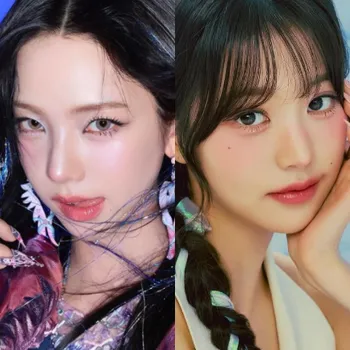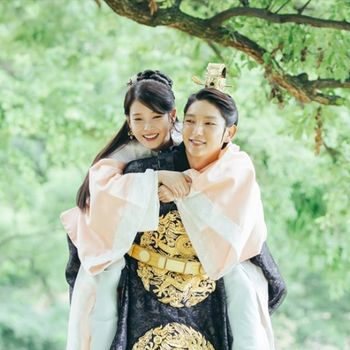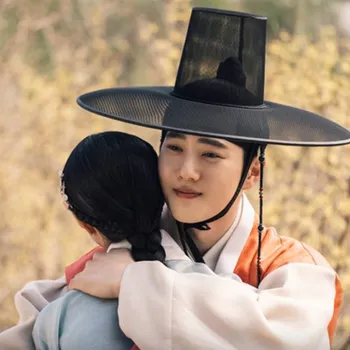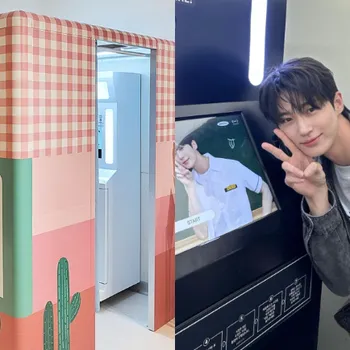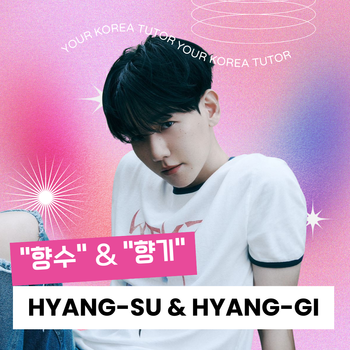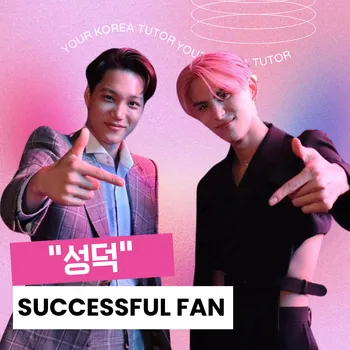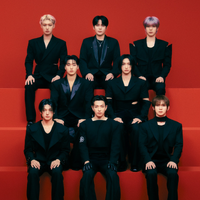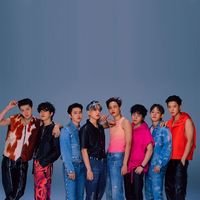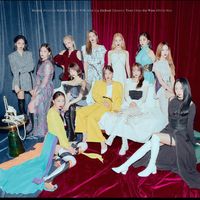
Blockberry Creative / KQ Entertainment
K-Pop is one of the hottest commodities in entertainment these days. Every year tons of K-Pop groups and artists debut with hopes of their music reaching the masses and making an impact. In light of this, companies often try to relay powerful messages and imagery through a group's concept to make them stand out.
Some companies have done this in the form of intriguing storylines, alternate universes, and/or lore.
In K-Pop, alternate universes and lore create an alternate story (often with elements that are uncommon in reality) that links into a group's concept. These narratives allow them to explore a world outside of the music that they create and involve fans in the conceptual aspect.
These narratives often keep fans guessing about the next comeback and theorizing about the potential meaning of certain elements.
Recently, there has been a debate among K-Pop fans about the value of groups having lore and/or alternate universes as part of their concept. Some are also debating whether it is necessary for groups to have these narratives.
Note: This article will outline the lore/alternate universes/storylines of some groups. In some cases, companies do not confirm the meanings of their lore or storylines and leave them open to interpretation. Hence, the outlines in this article are based on general fan consensus.
How alternate universes/lore/storylines became popular
Alternate universes or lore often contain supernatural and fantasy elements embedded in the group's identity. You can usually pick up a group's universe or lore through their music videos or hi
Enjoy full access for just $1
Join over 10,000 active members!
🌟 Special Contents for Subscribers

